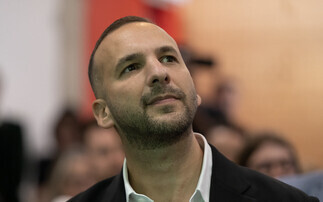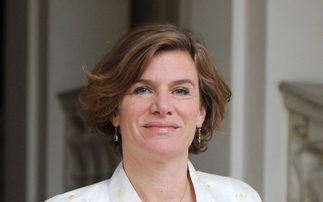Jane Burston hears UN climate chief Christiana Figueres bemoan how much needs to be achieved in a fortnight
Day four of the Durban summit. At this point in a COP it is generally difficult to tell if substantial progress is being made. The summits tend to accelerate towards a conclusion in the second week, driven...
To continue reading this article...
Join BusinessGreen
In just a few clicks you can start your free BusinessGreen Lite membership for 12 months, providing you access to:
- Three complimentary articles per month covering the latest real-time news, analysis, and opinion from Europe’s leading source of information on the Green economy and business
- Receive important and breaking news stories via our daily news alert
- Our weekly newsletter with the best of the week’s green business news and analysis







